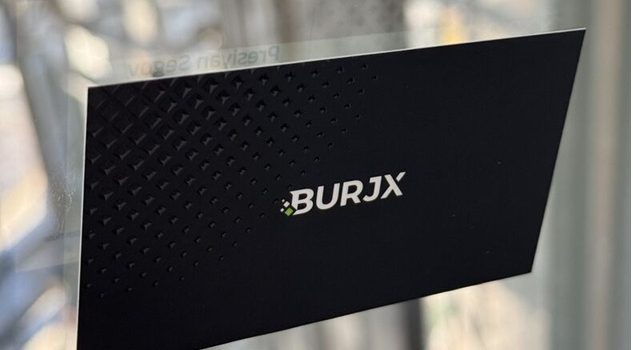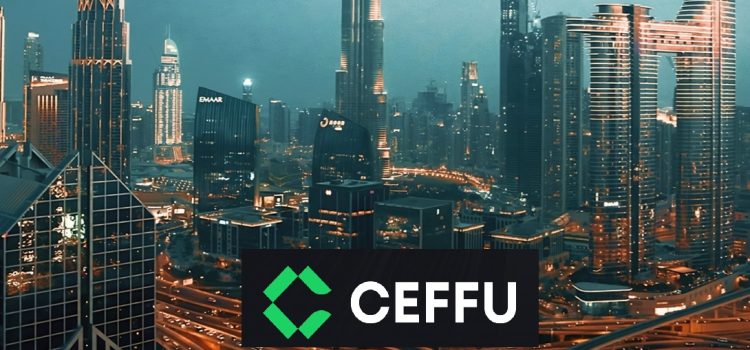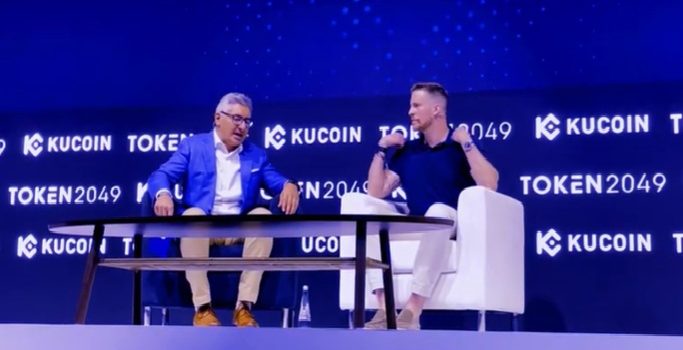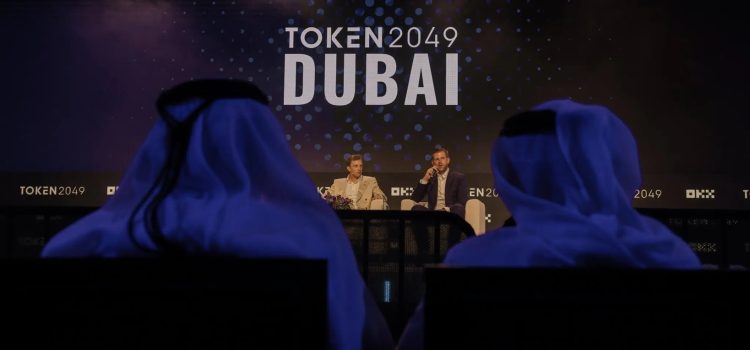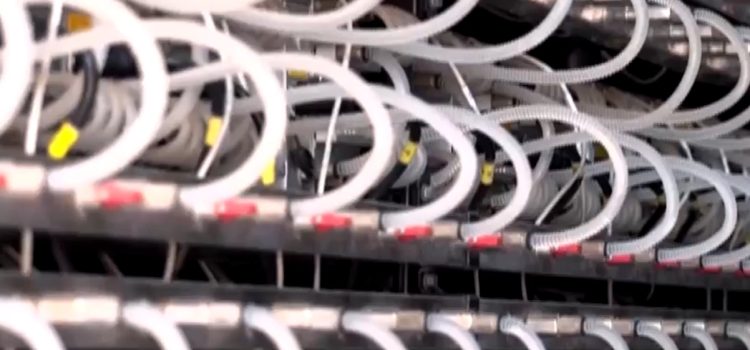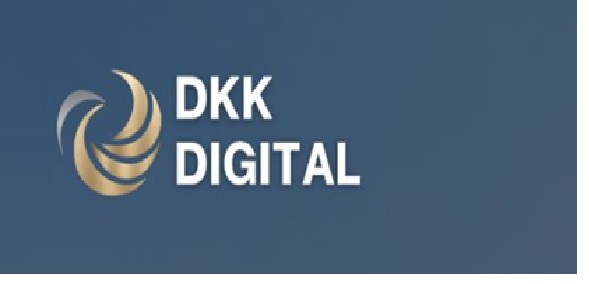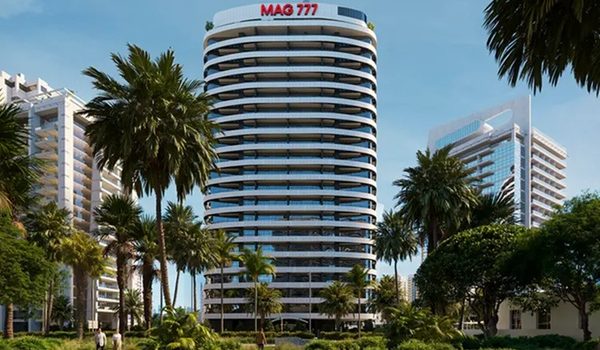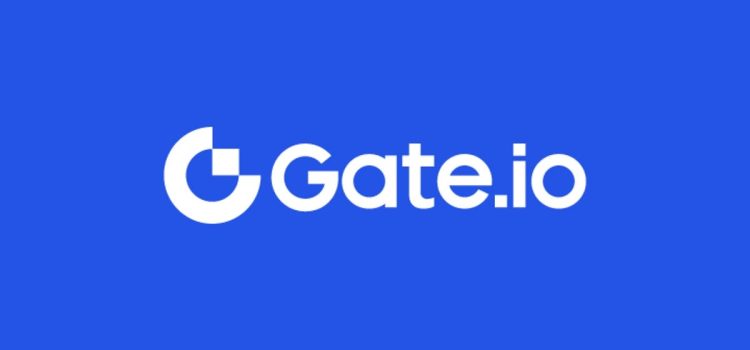UAE Capital Investment Holding Ltd., and Fasset, tokenization exchange platform, and Zand Bank, have launched ForteXchain, a real estate tokenization blockchain platform, allowing for fractional real estate investment.
The UAE’s real estate sector continues its record-breaking trajectory into 2025, solidifying its status as a global investment hotspot. In January alone, property sales transactions soared to AED 33.9 billion, reflecting an 18% surge compared to the same period in 2024. The Dubai Land Department (DLD) also reported a 19% year-on-year increase in transaction volume, reinforcing the emirate’s appeal among international investors.
ForteXchain eliminates traditional barriers to real estate investing by lowering entry costs, streamlining regulatory processes, and opening access to both novice and seasoned investors. By leveraging blockchain technology, the platform enables fractional investment in real-world properties starting from just $1 drastically reducing the participation threshold and offering unprecedented flexibility to both retail and institutional investors, subject to local regulations.
“Zand is proud to be the first UAE bank to offer institutional-grade custodial solutions, with private keys securely held within the UAE,” said Michael Chan, CEO of Zand. “Our mission is to accelerate the growth of the digital economy by expanding global access to tokenized Real-World Assets (RWA), including the real estate market, with unparalleled security, transparency, and regulatory compliance.”
In its inaugural issuance round, ForteXchain will present a curated portfolio of tokenized real estate assets across multiple countries. Letters of Intent (LOIs) have already been issued for the following jurisdictions, with due diligence and project exploration underway for projects in Spain such as Elysium City, a pioneering €18 billion sustainable development by Elysium City Spain, as well as in the UAE through Centurion Properties Group & Arabia Capital. Centurion Properties Group & Arabia Capital is focusing on Burj Capital, Arabia Residences, and Centurion Business Complex.
Also included is Malaysia with Bin Zayed International, a leading UAE-based investment group. Jazz City (Kulim, Kedah) – an ongoing project – is a flagship mixed-use development spanning 70.34 acres in Kulim, Kedah known as the “Technology City” of northern Malaysia.
The press release noted that additional projects are under review and will be announced in the coming weeks. This initial phase will be followed by a comprehensive roadmap to bring these assets to market.
Following this initial rollout, Phase Two will onboard institutional real estate projects. Phase Three will open the platform to both retail and institutional real estate projects, enabling them to submit and tokenize projects aligned with their respective investment profiles.
ForteXchain leverages Fasset’s existing regulatory licenses, which provide secure access to high-growth markets such as the UAE, Indonesia, Malaysia, Bangladesh, Pakistan, and Turkey, while Zand Bank the UAE-based AI-powered bank offering institutional-grade digital asset custody will act as the custody partner, responsible for safeguarding investor assets and funds.
“With global real estate valued at over $300 trillion, tokenization unlocks new opportunities for wealth creation and democratizes access to investment,” said Daniel Ahmed, COO and Co-Founder of Fasset. “Fasset is proud to support ForteXchain with our technology and licensing expertise, enabling secure and compliant access to tokenized real estate.”
ForteXchain operates on Fasset’s digital platform. Users begin by completing identity verification (KYC) to ensure compliance and security. Once verified, users can purchase digital tokens representing shares in specific properties. These tokens can be traded on a regulated marketplace offering liquidity rarely available in traditional real estate markets.
ForteXchain’s initial target markets include the UAE, Indonesia, Malaysia, and select European countries. Future expansion plans include Bahrain, Bangladesh, Pakistan, Turkey, and South America. Real estate tokenization will eventually migrate to Own, a blockchain developed by Fasset specifically for Real-World Asset (RWA) transactions, following its mainnet launch in late 2025.
Recently, UAE regulated, Tokinvest, a marketplace for real-world asset (RWA) investing, and Zand Bank, partnered to transform the way investors access high-value assets through tokenization.









